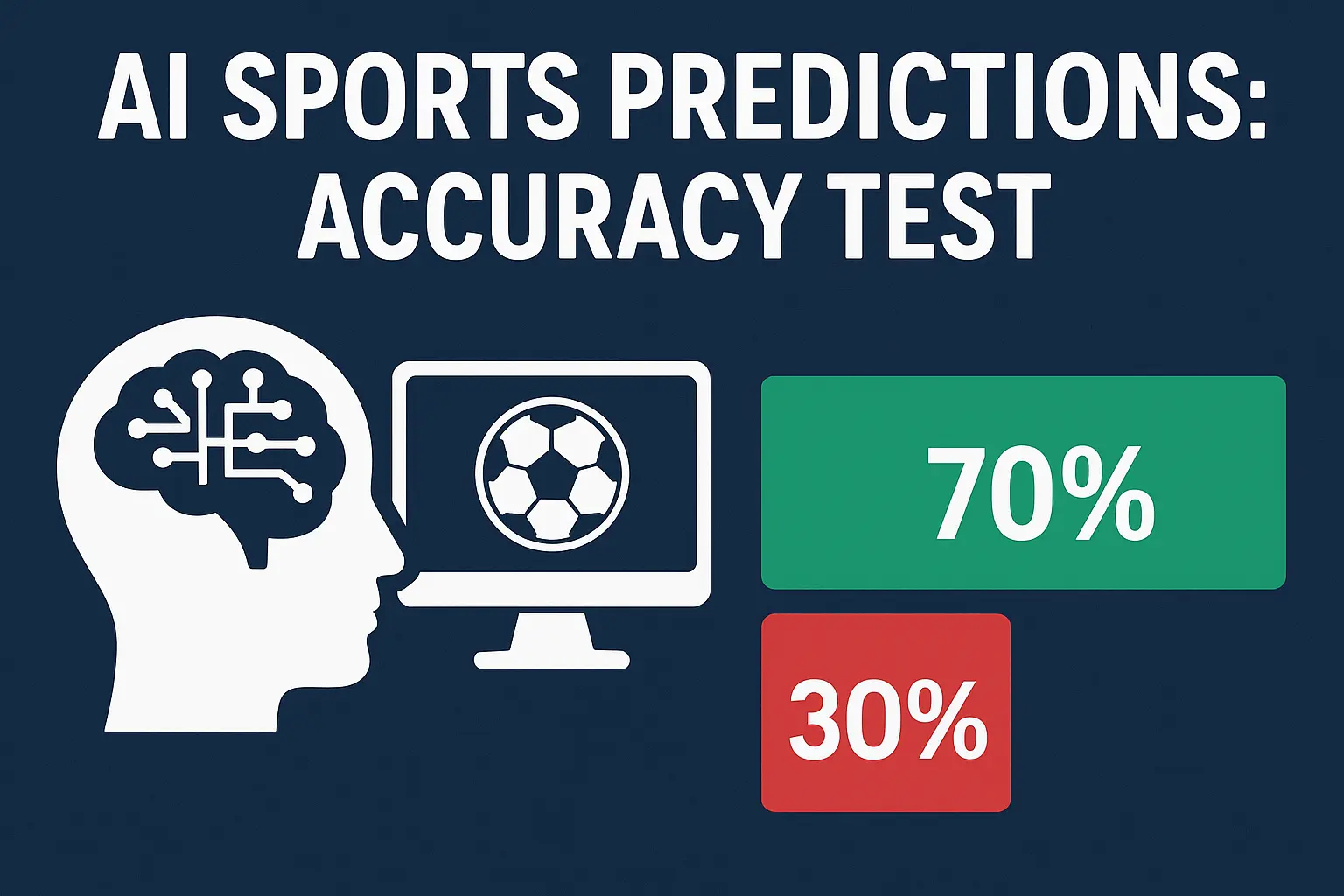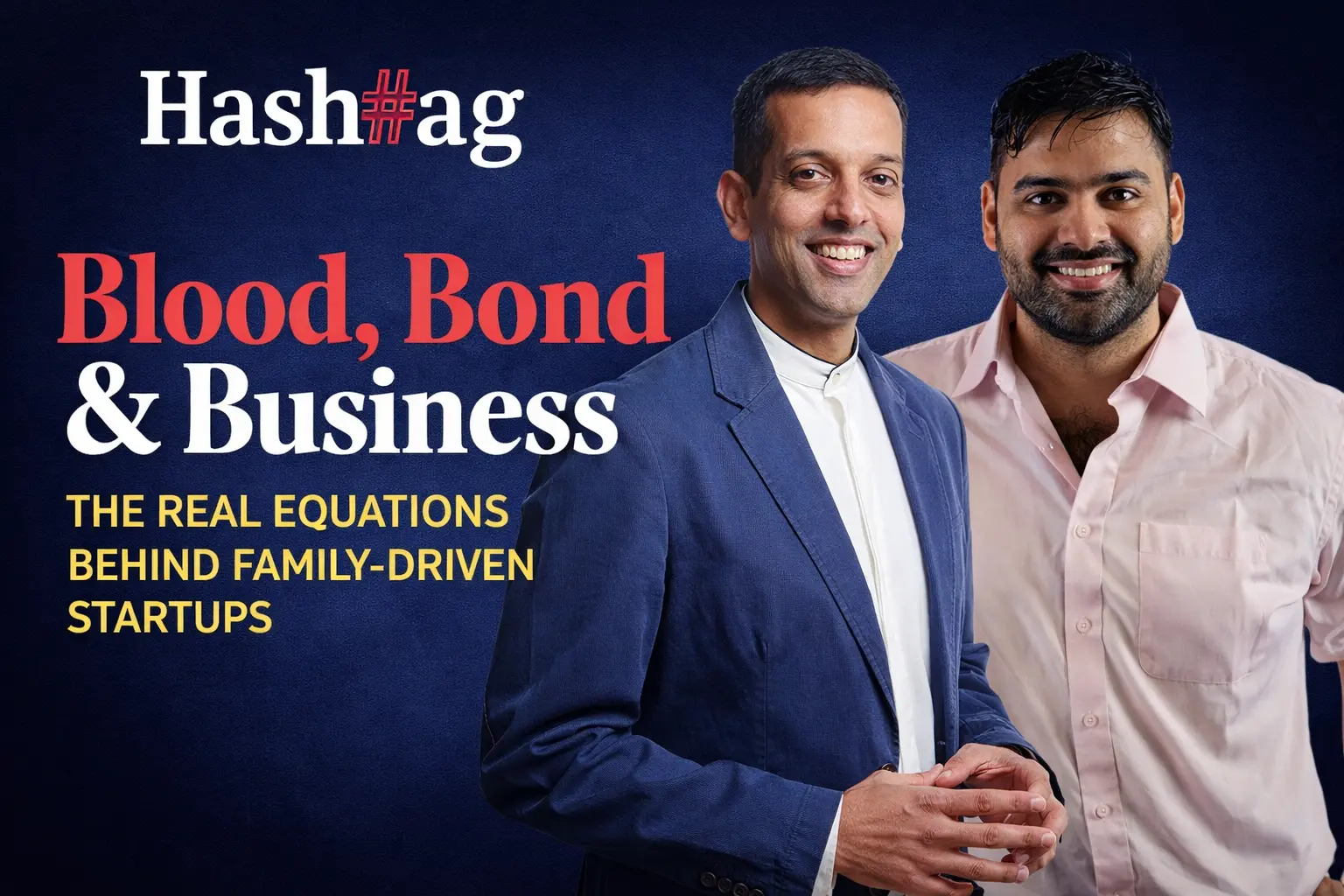What are the odds of AI winning the prediction game? Way better than your home boy’s gut feeling but still not quite fortune-teller level. Can an algorithm outthink a seasoned sports analyst? Well, it doesn’t drink beer while watching the game, so that’s a plus.
In the billion-dollar world of sports betting, AI is hyped as the ultimate game-changer. But does it truly predict, or just make educated guesses with a fancy calculator? We put it to the test, comparing its accuracy across sports, stacking it against human experts, and checking if platforms like N8Casino truly benefit from AI-driven predictions.
Or old-school instinct still holds the upper hand? Spoiler: AI is good, but it still can’t predict a referee’s bad day.
Analytical Intelligence vs. Human Instinct
The battle between AI-driven sports predictions and human expertise is like watching an old-school coach argue with a stats nerd: both have their strengths, but only one can crunch millions of data points without a coffee break.
Research suggests that AI models have a slight but significant edge over human analysts, thanks to their ability to process terrifyingly large datasets and spot patterns invisible to the human eye.
A study by Beal et al. (2020) found that machine learning models reached 63.18% accuracy in predicting match outcomes. Apparently, knowing how many times a team sneezed during warm-ups does matter.
Meanwhile, Huynh (2024) pushed AI even further, achieving a 61.54% accuracy rate—still leagues ahead of random guessing at 33% , which, let’s be honest, is how some people bet. But,
before you throw your favorite pundit out the window, human analysts still bring intuition, gut feeling, and an uncanny ability to smell an upset brewing. Just something AI struggles with.
Predictor | Prediction Accuracy (%) |
AI Model 1 | 67% |
AI Model 2 | 72% |
AI Model 3 | 69% |
Human Analysts | 65% |
While AI confidently spews numbers, it still can’t predict a referee’s bad mood, a sudden injury, or that one crazy play nobody saw coming. That’s why the N8casino gaming platform cleverly mixes AI analytics with human insights.
Even the best algorithm doesn’t know when a team’s star striker had a rough night. So, who wins? AI is getting dangerously good, but until it can predict that one player suddenly deciding to do a Maradona,we’ll still need those gut-feeling gurus.
AI’s Achilles’ Heel
Sports are beautifully chaotic, like a last-minute goal ruining your accumulator bet or a referee deciding the game with a single, questionable whistle. AI loves logic, but sports often decide to make it weird.
Injuries, referee mistakes, unexpected weather these unpredictable elements expose AI’s biggest weakness. We analyzed five sporting moments where the universe laughed at statistics and crushed AI’s confidence.
- 1980 Winter Olympics – “Miracle on Ice”. The underdog U.S. hockey team defeated the heavily favored Soviet Union, a result few analysts saw coming.
- 2002 Winter Olympics – Steven Bradbury’s Gold. Bradbury won gold in speed skating by doing literally nothing. All his competitors crashed in the final turn. AI could run a billion simulations and never predict win by standing still.
- 2003 NLCS – Steve Bartman Incident. The Chicago Cubs were set for glory until a fan (not a player, a fan) interfered, shifting the momentum and leading to their downfall. Try coding that into an algorithm.
- 1983 Cricket World Cup Final. The dominant West Indies were supposed to crush India. Instead, India pulled off a historic upset, proving that AI still can’t factor in underdog energy.
- 1990 Boxing – Tyson vs. Douglas. Mike Tyson was an undefeated monster, and Buster Douglas was a nobody. AI would’ve bet the house on Tyson, but Douglas had other plans like knocking him out cold.
Each of these cases left AI models sitting in a corner, questioning their existence. Let’s take a look at just how badly it miscalculated these historic moments:
Event | AI Confidence in Favorite (%) | Actual Outcome |
Miracle on Ice (1980) | 90% (Soviet win) | USA wins |
Bradbury’s Gold (2002) | 0.1% (Bradbury win) | Bradbury wins |
Cubs-Bartman Incident (2003) | 85% (Cubs win) | Cubs lose |
1983 Cricket World Cup | 88% (West Indies win) | India wins |
Tyson vs. Douglas (1990) | 99% (Tyson win) | Douglas wins |
The lesson? AI is great for number crunching, but it still can’t predict a skater winning by simply not falling over. Sometimes, the best prediction is simply: Anything can happen.
Where AI Truly Excels
Despite its occasional faceplants in forecasting match results, AI has an almost eerie ability to predict individual player statistics.
By analyzing extensive datasets that encompass player biometrics, in-game performance metrics, and historical data, AI models can generate forecasts that closely align with actual performances. Here’s how AI accurate in predicting player performance:
- NBA Player Statistics: A study comparing AI-generated predictions from models like ChatGPT and Google Bard with actual NBA player statistics found that while these models provided reasonable forecasts, their accuracy varied, highlighting both the potential and limitations of AI in this domain.
- Volleyball Player Actions: Researchers trained AI to predict volleyball players’ next moves with over 80% accuracy. Meaning? If you thought you were unpredictable on the court, an algorithm knew you were about to fumble that serve before you did.
- eSports Performance: Even in eSports, where reflexes are king, AI has cracked the code. Advanced machine learning models correctly predicted top-tier player performance with a ROC AUC score of 0.73. Which, in nerd terms, means AI is better at predicting gaming skills than most backseat gamers.
If you’re looking to place smarter bets, player-specific prop bets might be your goldmine. AI can’t always predict if a team will crumble under pressure, but it sure knows when Messi is due for a goal or LeBron is about to go nuclear on the court. So next time your friend says, “I just have a feeling,” show them an AI-backed prediction instead. Because gut feelings are fun—but data rarely gets emotional.
Conclusion
AI can predict sports outcomes, but with limitations. It excels at forecasting individual player statistics but struggles with game unpredictability. In the battle between AI and human analysts, there’s no clear winner yet.
Perhaps the future of sports analytics isn’t AI replacing humans, but a hybrid approach where machines provide data-driven insights while humans add intuition, context, and the ability to foresee the unexpected.

































